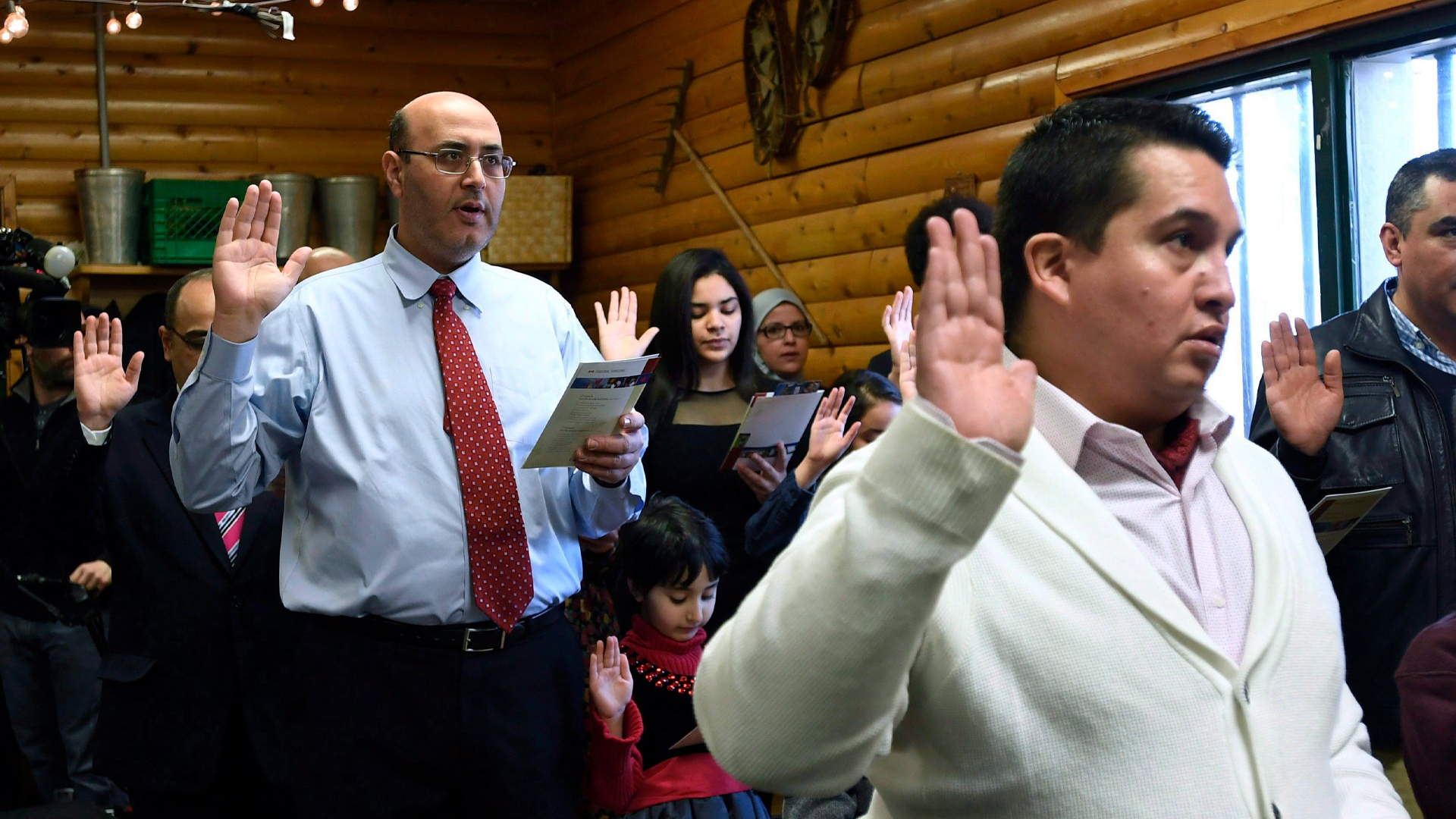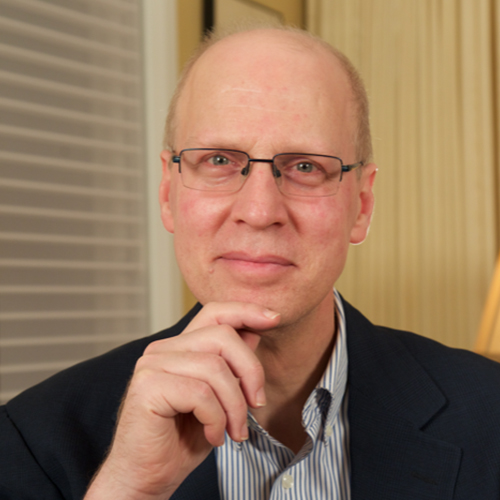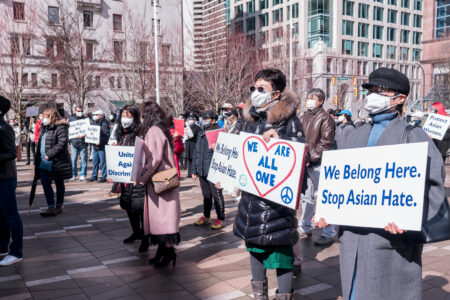
The federal government was probably hoping nobody would notice when it announced in February that it was planning to allow self-administered citizenship oaths. It quietly rolled out the news in its official online newspaper the Canada Gazette rather than through the minister responsible.
But opposition was swift, voiced by prominent people including former governor general Adrienne Clarkson, former minister of immigration Sergio Marchi, former Calgary mayor Naheed Nenshi and former citizenship judges. The Conservatives opposed the change in Parliament. And nearly 700 people left comments on the notice during the consultation period. Of them, two-thirds of them disapproved.
The plan would allow the citizenship oath to be taken using a secure online portal without the presence of an authorized person, a departure from the tradition of in-person ceremonies or those held virtually. The government says the move could cut processing time by three months and would eliminate the need for people to take time off work to attend ceremonies.
In the comments, opposition is nearly universal among citizens and about two-thirds of immigrants. But, interestingly, strong support comes from applicants, many of whom are frustrated with the application process and its delays (table 1).
This clear divide is telling.
The government could seize on this significant support among applicants, but it would only reinforce the narrative that the Trudeau Liberals neglect the harder and more fundamental issues of improving application processing and service. Large backlogs, now declining, similarly reinforce the narrative that government programs are not working.
The settlement industry has been silent on the plan, which is disappointing considering the crucial role it plays in the immigration journey. Immigration lawyers, their associations and the settlement sector did not submit any comments. The only organization that provided comments was the Canadian Association of Professional Immigration Consultants, and it opposes the move.
How the government used the pandemic to sharply increase immigration
Why benefits of citizenship aren’t always equal
The process outlined in the Gazette allowed anonymous comments. As table 2 illustrates, anonymous commenters appear more supportive of the change. The overwhelming negative commentary may have discouraged some from identifying themselves. Additionally, some immigrants and applicants might have feared publicly expressing opposition because they worried it could have a negative impact on their citizenship application process.
Comments varied from brief expressions such as “yes,” “no,” “fantastic,” or “horrible” to more extensive submissions. Supporters point to efficiency and reduced timelines, and most of their comments are short. Opponents tend to mention policy narratives or talk about their experiences, emphasizing the significance of reciting the oath together with other people virtually or in person. Their comments are much more detailed than those of the supporters.
The miniscule number of comments submitted in French (less than one per cent) is likely a reflection of meagre coverage and commentary in French-language Quebec media. Canadian citizenship (unlike immigration) is not a big topic in their coverage. It’s also possible some Quebecers submitted their comments in English.
Where does this leave the government?
The government should focus on streamlining the application and processing procedures instead of diminishing the significance of the ceremony. After all, for most applicants, transparency (“where is my application in the system?”) and predictability (“when will it be approved?”) are their key issues.
Ceremonies serve as one of the few positive touch points between the government and immigrants. The overall weight of the Gazette submissions supports this viewpoint, emphasizing the meaningfulness of historical processes and the symbolism they hold.
Methodology
All comments were compiled into a spreadsheet to allow for analysis. Duplicative narratives were deleted in cases where they appeared in a number of sections. “Yes,” “No” and equivalent one-word comments were treated as separate comments (Immigration, Refugees and Citizenship Canada can separate out duplicate entries for “individuals.”)
In identifying comments as being from citizens, applicants or immigrants, a strict test was applied: Did the comment identify the person explicitly as one of the three? The terms are not mutually exclusive. Many commenters identified themselves as both citizens and former immigrants, and all applicants are immigrants. However, a more liberal test allowing for more interpretation of the substance of comments would likely show a comparable result.










